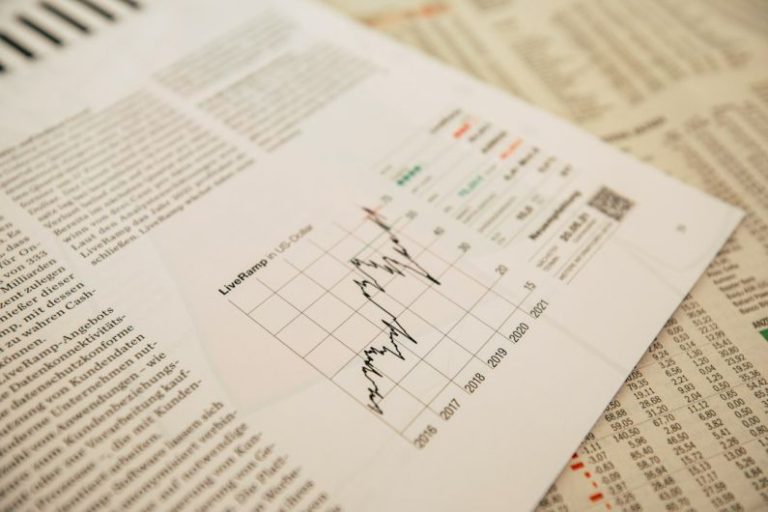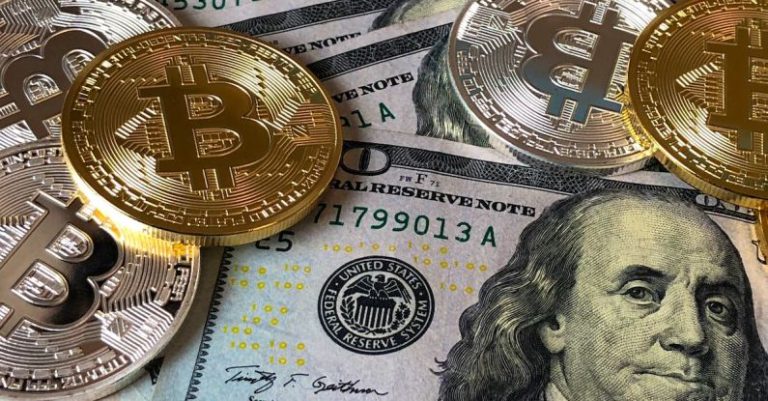What’s the Effect of Interest Rates on Small Business?
Interest rates play a crucial role in the economy, affecting everything from consumer spending to business investments. For small business owners, understanding the impact of interest rates is essential for making informed decisions. In this article, we will explore the effect of interest rates on small businesses and provide insights into how they can navigate these fluctuations.
1. Cost of Borrowing
One of the most immediate and direct effects of interest rates on small businesses is the cost of borrowing. When interest rates are low, borrowing becomes more affordable, allowing businesses to access capital at a lower cost. This can be particularly beneficial for startups or small businesses looking to expand their operations.
Conversely, when interest rates are high, the cost of borrowing increases, making it more expensive for small businesses to access funds. This can deter businesses from taking on debt or pursuing growth opportunities, potentially slowing down their development.
2. Consumer Spending
Interest rates also influence consumer spending, which indirectly affects small businesses. When interest rates are low, consumers are more likely to borrow and spend on goods and services. This increased spending can benefit small businesses as it stimulates demand for their products or services.
On the other hand, when interest rates rise, consumers may become more cautious about borrowing and spending. This can lead to a decrease in consumer spending, negatively impacting small businesses that rely on consumer demand.
3. Investment Decisions
Interest rates can significantly influence small businesses’ investment decisions. When interest rates are low, businesses may be more inclined to invest in new equipment, technology, or expansion projects. Lower borrowing costs make these investments more affordable and potentially more profitable in the long run.
However, when interest rates increase, businesses may become more hesitant to invest. Higher borrowing costs can reduce the expected returns on investments, making them less attractive. Small businesses may delay or scale back their investment plans, which can impact their growth and competitiveness.
4. Exchange Rates
Another aspect affected by interest rates is exchange rates. When interest rates in a country rise relative to other countries, its currency tends to appreciate. This can be advantageous for small businesses that import goods or rely on international suppliers. A stronger domestic currency makes imported goods cheaper, reducing costs for small businesses.
Conversely, when interest rates in a country decrease relative to other countries, its currency tends to depreciate. This can hurt small businesses that rely on exporting goods or sourcing inputs from abroad. A weaker currency makes exports more expensive and increases the cost of imported inputs.
5. Planning for Fluctuations
Given the potential impact of interest rates on small businesses, it is crucial for entrepreneurs to plan for fluctuations. Firstly, staying informed about interest rate trends and economic indicators can help small business owners anticipate changes and adjust their strategies accordingly.
Secondly, maintaining a healthy cash flow and minimizing debt can provide some insulation against interest rate fluctuations. By having sufficient reserves and minimizing interest-bearing debt, small businesses can better withstand changes in borrowing costs.
In conclusion, interest rates have a significant effect on small businesses. From the cost of borrowing to consumer spending and investment decisions, interest rate fluctuations can shape the business landscape. Small business owners must stay vigilant, adapt to changes, and plan for fluctuations to navigate the impact of interest rates successfully. By understanding the relationship between interest rates and their businesses, entrepreneurs can make informed decisions to drive growth and success.






